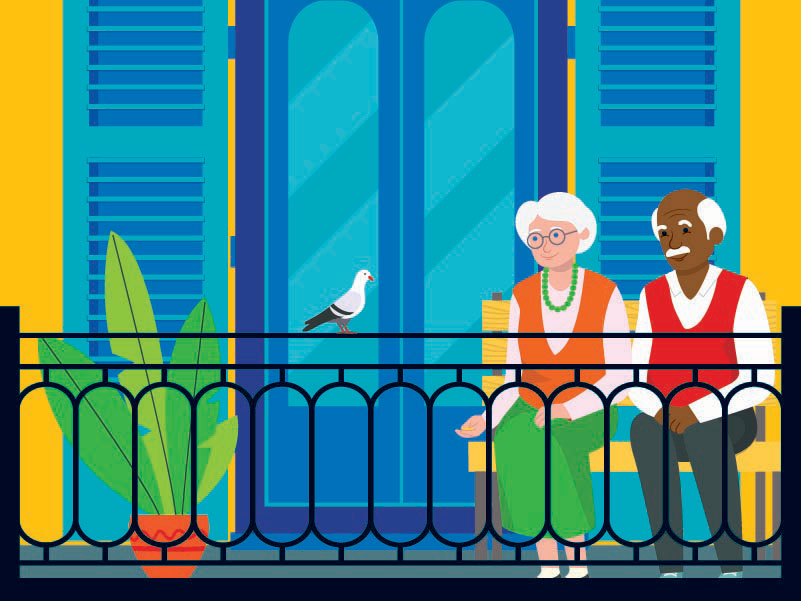
A government-appointed panel has recommended creating a new government benefit to support people who choose to age at home, as well as raising the guaranteed income supplement by $900 annually for older couples.
The recommendations are among 20 presented in “Supporting Canadians Aging at Home: Ensuring Quality of Life as We Age,” the final report of the National Seniors Council, released last week.
The Liberals proposed an aging-at-home benefit in their 2021 election platform. In 2022, the ministers of seniors and of health announced the National Seniors Council would act as the panel examining the viability of such a benefit, as well as other support for improving quality of life for older people and caregivers.
“The annual benefit could fund services based on an assessment conducted by a qualified practitioner using a validated and recognized tool,” the report said, with the benefit amount adjusting based on income and the assessment’s results.
The report suggested the benefit could cover things like health care, personal care and domestic tasks.
The panel said it recommended the benefit because it could delay or prevent premature transfers to a long-term care setting, reduce demand for publicly funded long-term care spaces, and spur better coverage for publicly funded home care across the country.
Two more of the panel’s five benefits-related recommendations align with promises made in the Liberals’ 2021 election platform: boosting the guaranteed income supplement (GIS) and making the Canada caregiver credit refundable.
The report suggested raising the GIS by $600 annually for single people aged 65 and older, and by $900 annually for couples aged 65-plus. This is more than the $500 and $750, respectively, proposed by the Liberals in their platform and included in the 2021 mandate letter for former Seniors Minister Kamal Khera. (A more recent mandate letter has not been released.)
“This measure will make it possible for older persons at risk to age at home for longer while having quality of life,” the report said.
The caregiver pledge, meanwhile, appears in Finance Minister Chrystia Freeland’s 2021 mandate letter and in the 2024 pre-budget report of the Standing Committee on Finance, but not in the budget itself.
The credit is worth up to $1,250 per year, which “will alleviate caregivers’ financial burden and expected shortages of family caregivers, and in the end help older persons age at home,” the report said.
Expanding eligibility for the credit to unrelated caregivers would “reflect the fact that many older persons rely on close friends,” the report said. “Not all older persons have family members to rely upon.”
Other benefits-related recommendations were to establish a public national insurance program for home care and support, and to expand existing programs that provide housing for people aged 65 and older.
The report acknowledged that provinces, territories and municipalities are mainly responsible for delivering measures to enable aging at home, but said the panel believes “the federal government can and should play a leadership role.”
Cost estimates were not provided for the panel’s recommendations, but “the federal government should think about the economic cost of inaction,” the report said. It cited a 2018 Conference Board of Canada report that found population aging was expected to add $93 billion in health care-related costs between 2017 and 2026.